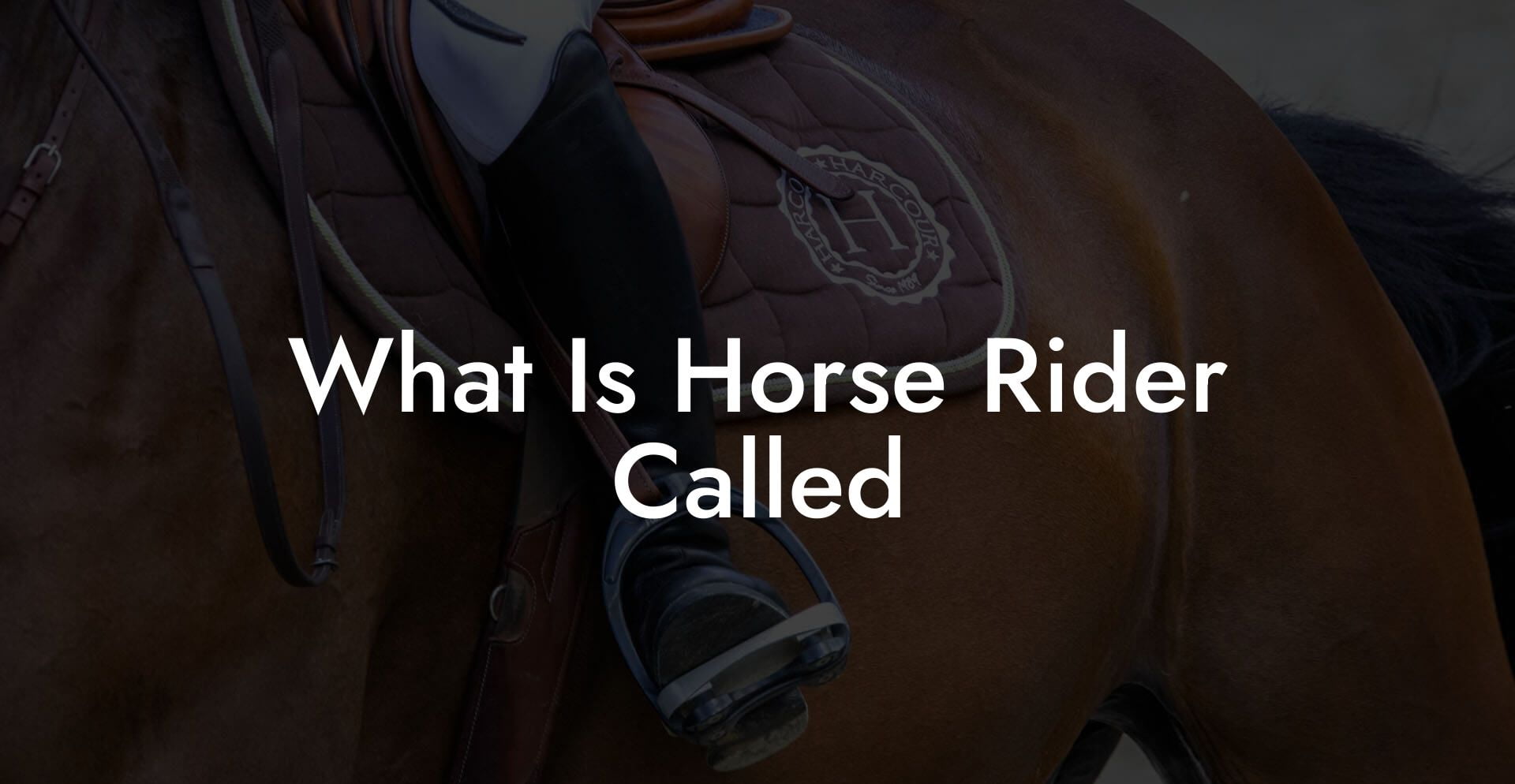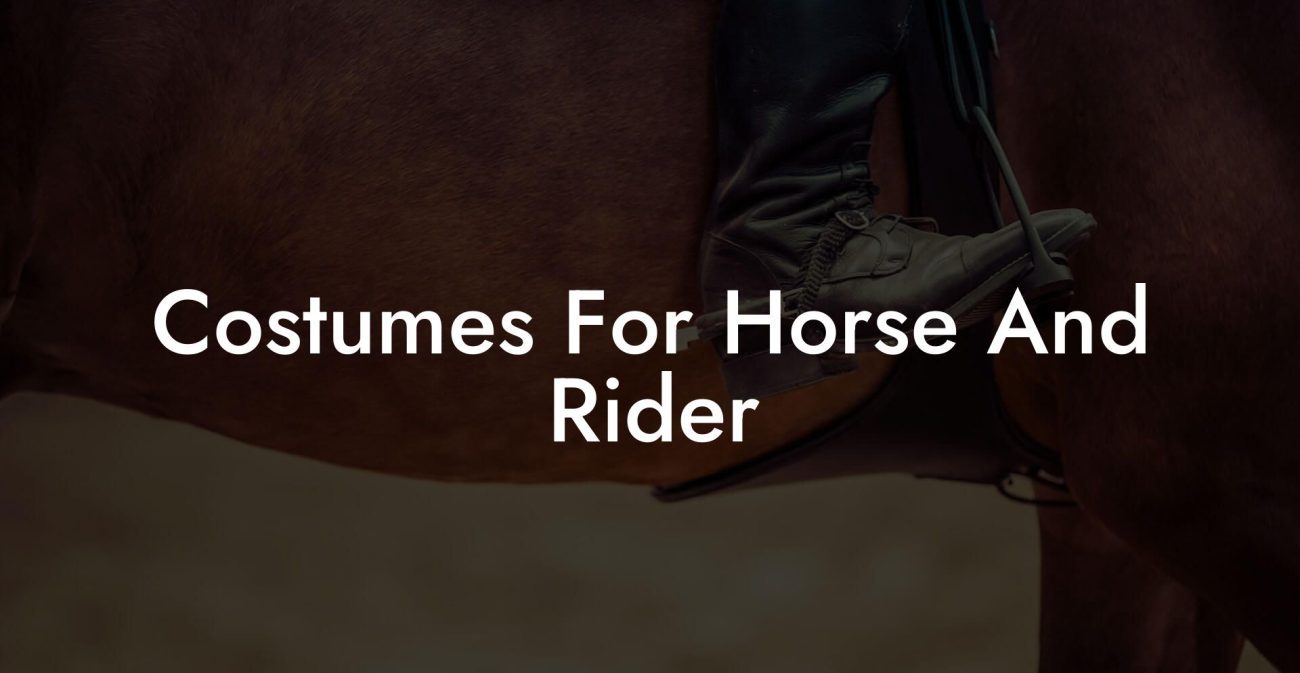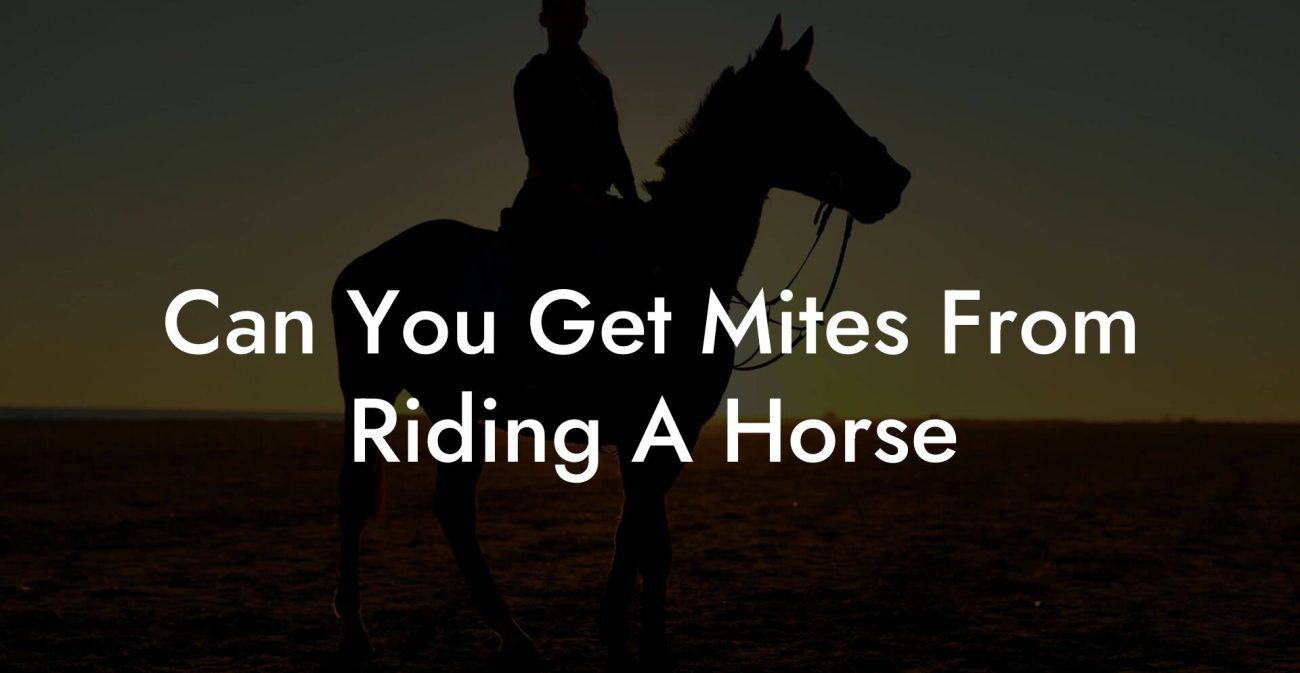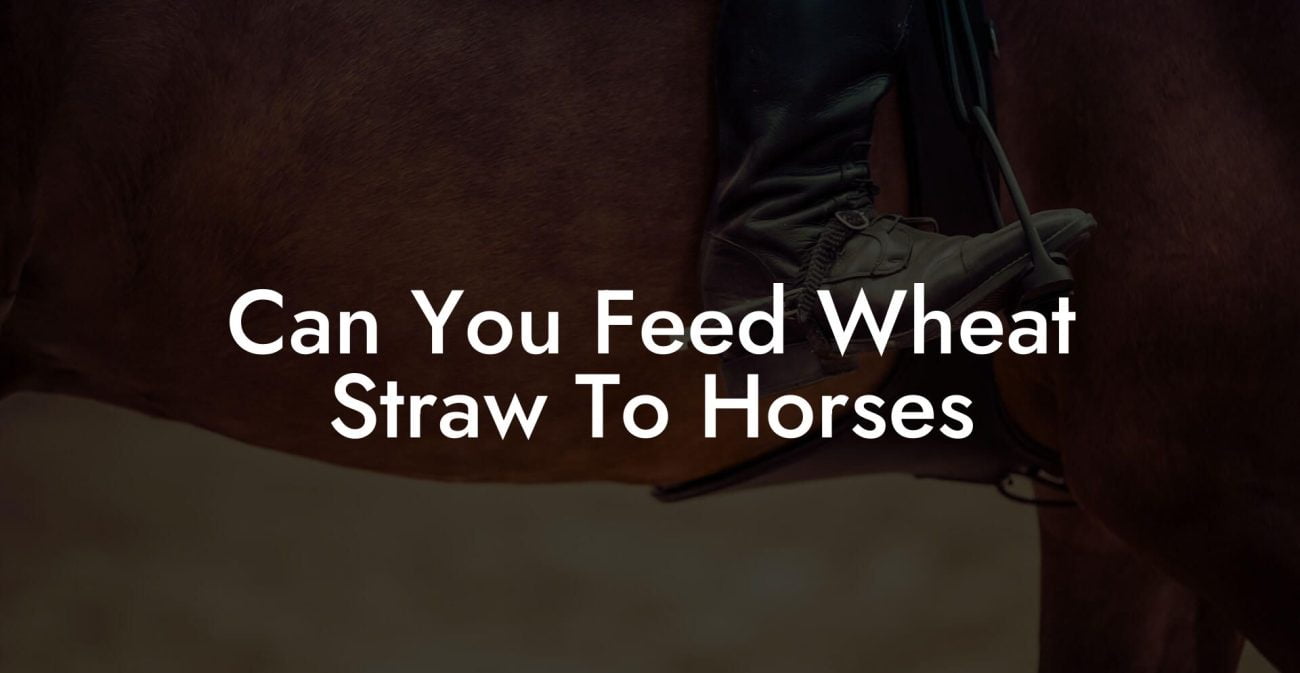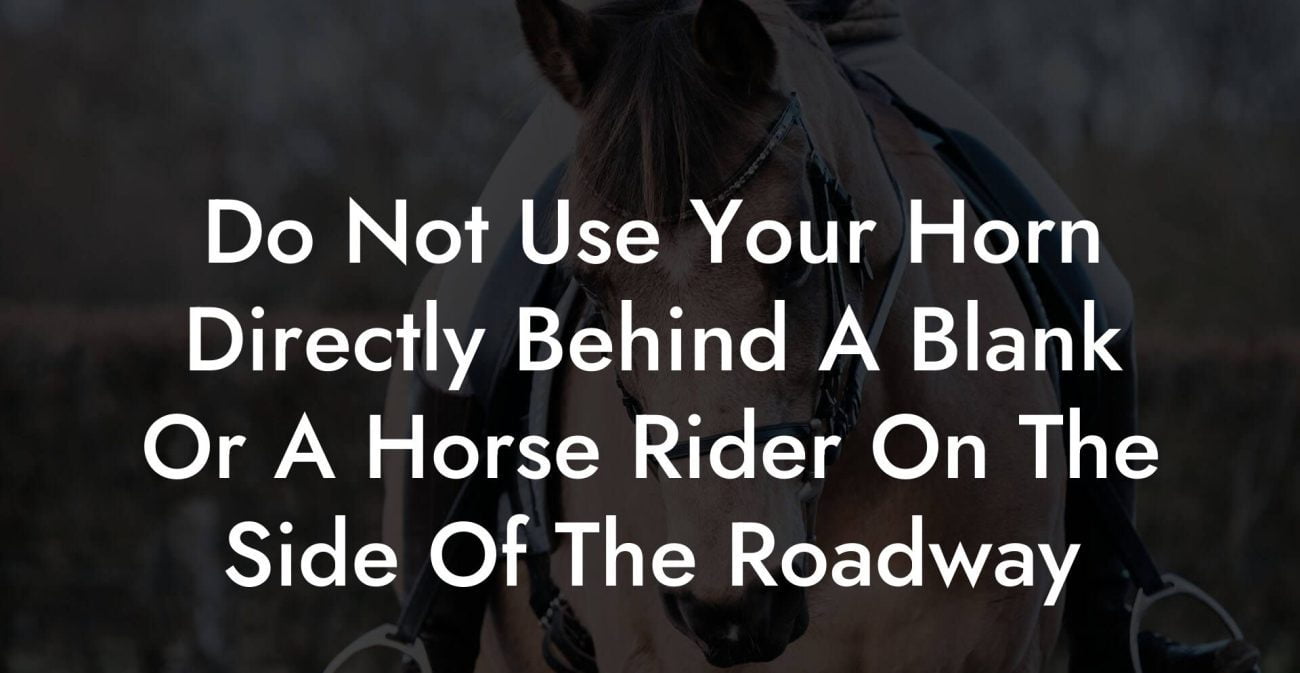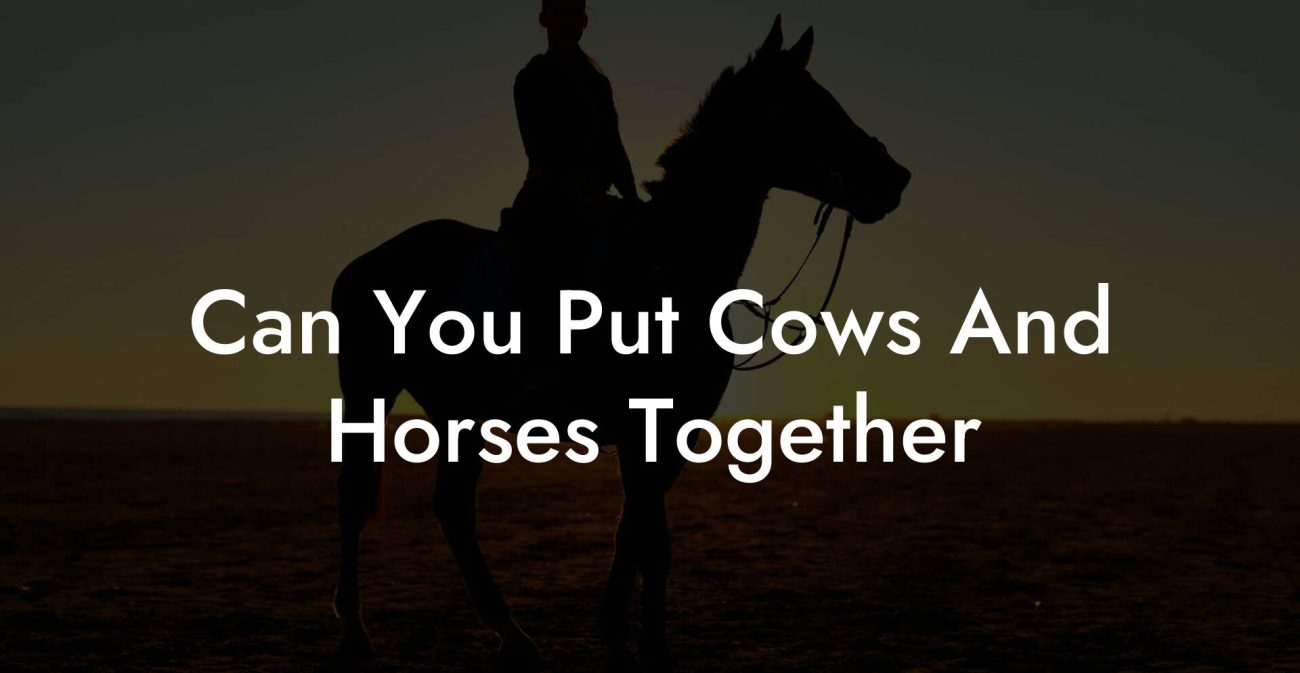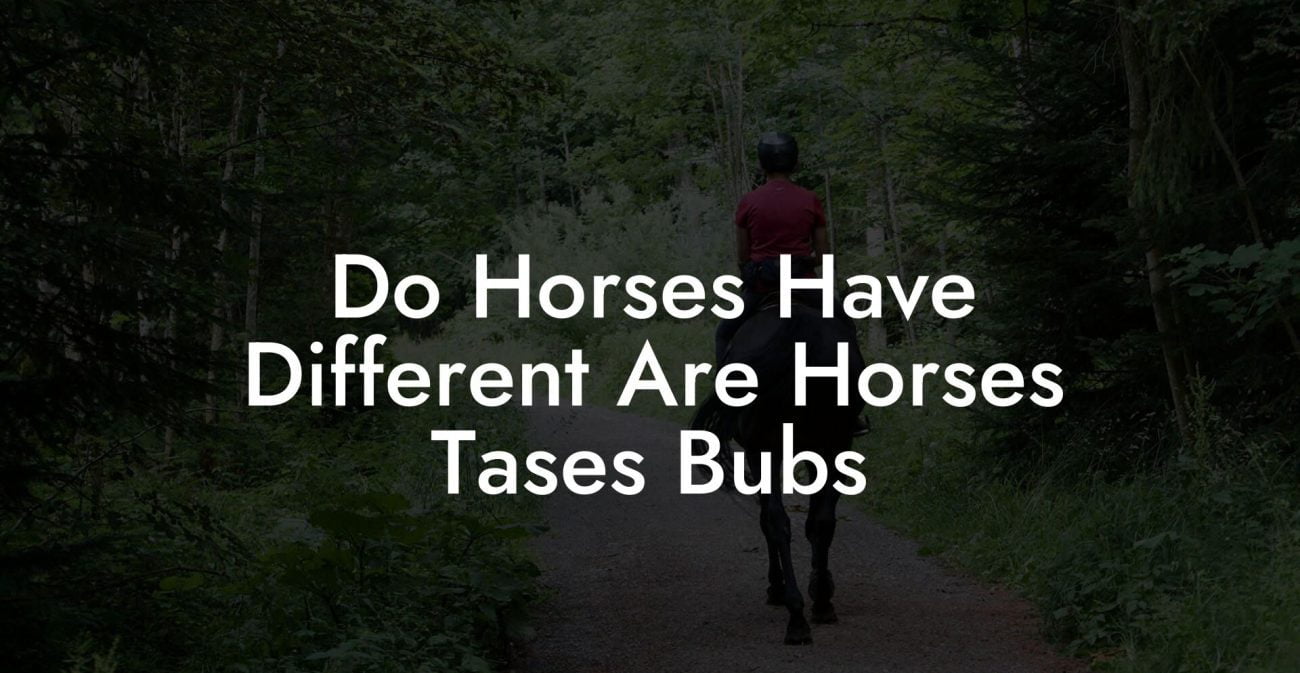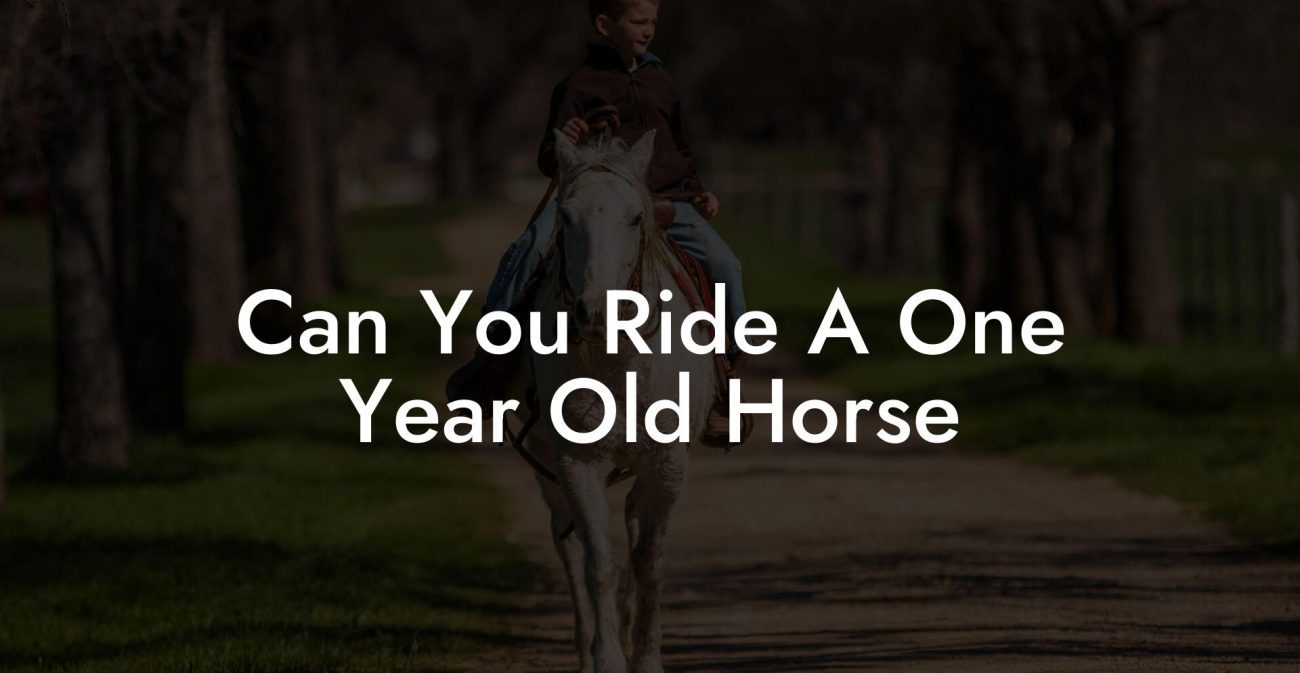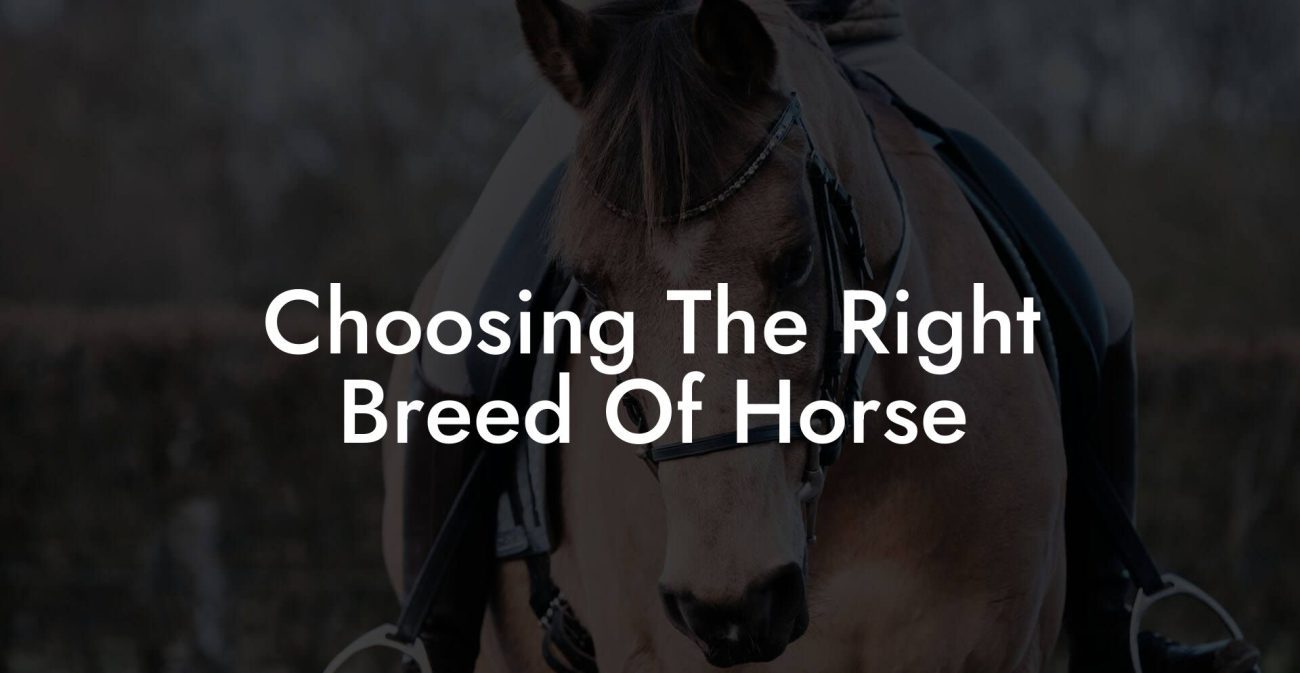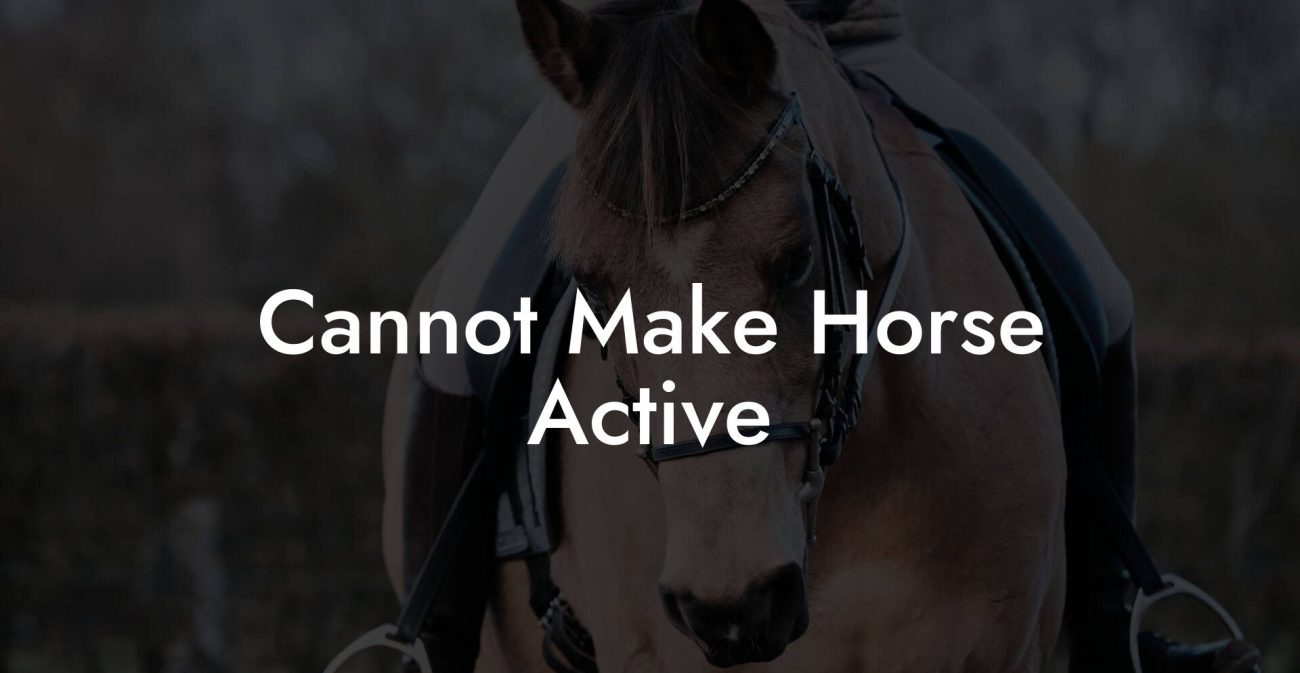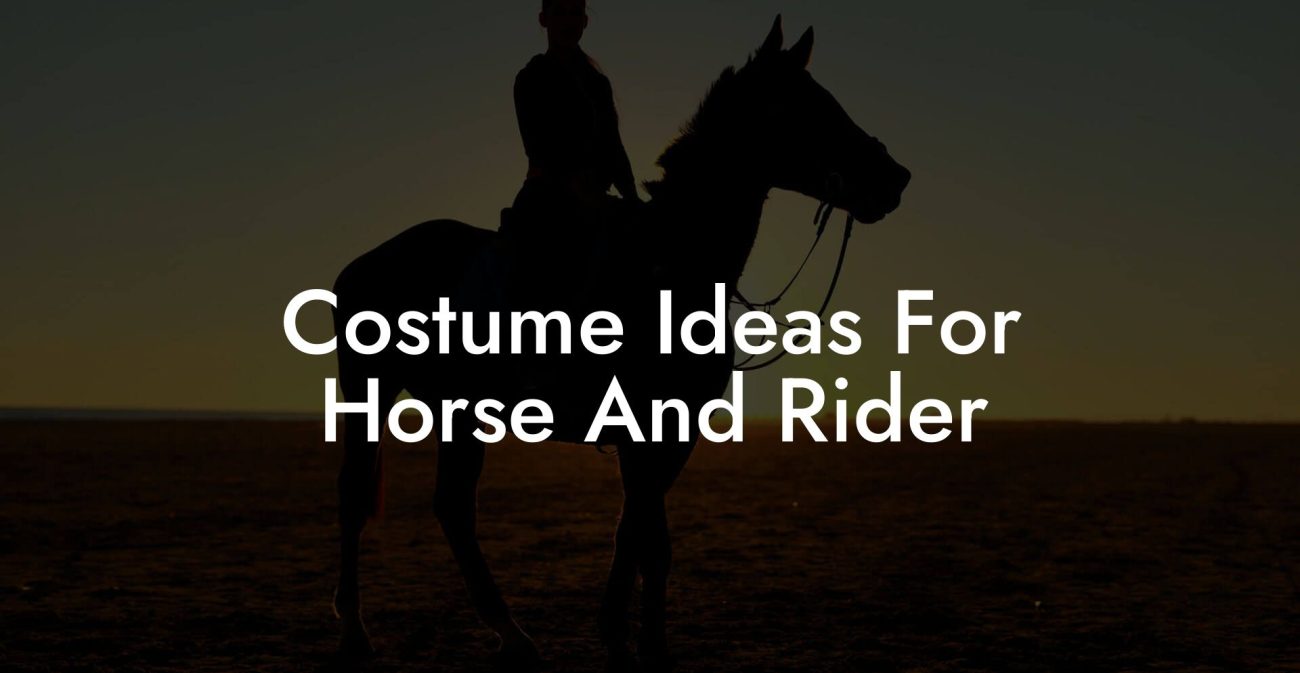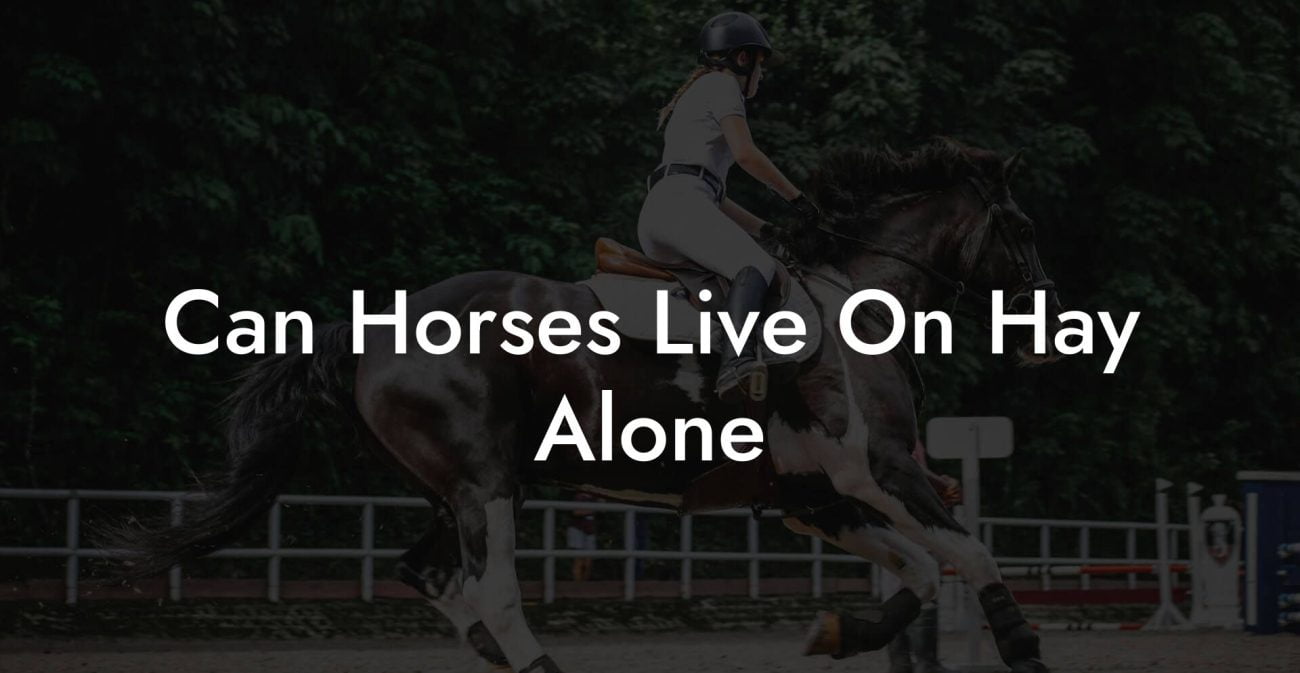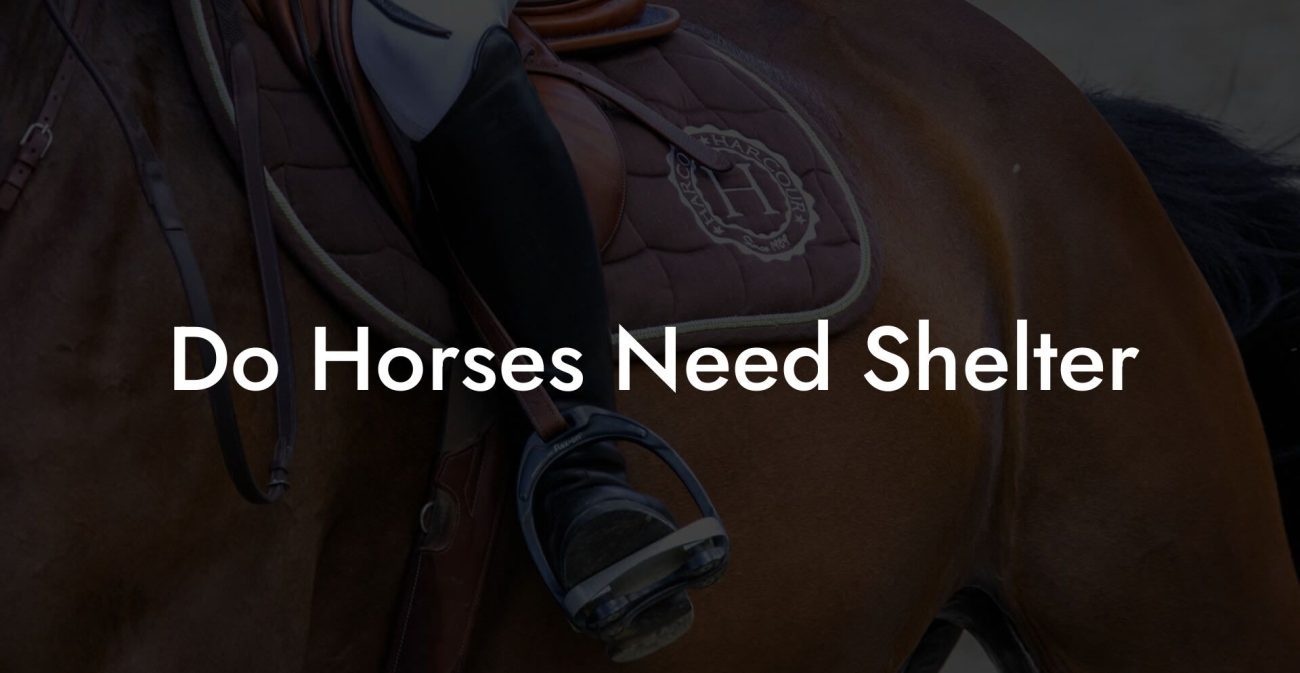riding a horse isn’t just about hopping onto a majestic animal and galloping off into the sunset, it’s a full-on lifestyle, a passion that weaves together tradition, community, and personal expression. But have you ever stopped to wonder, “What is a horse rider called?” Whether you’re new to the world of equestrian adventures or a seasoned pro polishing your riding skills, this guide is your ultimate passport to everything from the multifaceted names associated with horse riders to essential horse care tips that empower you to be the best equestrian you can be.
Quick Links to Useful Sections
- The Many Names of Horse Riders: Beyond “Rider”
- Exploring the Vocabulary of Horsemanship
- Cultural Influences on Equestrian Terminology
- Modern Equestrian Lingo: Riding in the 21st Century
- Horse Care 101: Nurturing Your Equine Partner
- Grooming and Daily Maintenance
- nutrition: Fueling the Powerhouse
- Exercise and Workload Management
- Health Check-Ups and Veterinary Care
- Integrative Horse Care for the Modern Rider
- Natural and Complementary Therapies
- Mind-Body Connection in Horse Care
- Riding Styles and Their Unique Terminologies
- Western Riding
- English Riding
- Endurance Riding
- Trail Riding
- Essential Horse Care Tips for Gen-Z & Millennial Equestrians
- Leverage Technology in Horse Care
- Eco-Friendly Stable Management
- Community Learning and Peer Support
- Stay Updated on Equine Nutrition and Health Trends
- Community and Safety: Resources and Community Support: Your Next Steps
- Safety Gear and Best Practices
- Embracing the Journey: Becoming an Empowered Horse Enthusiast
- Frequently Asked Questions about Horse Rider Terminology and Care
- Your Next Steps on the Equestrian Journey
The Many Names of Horse Riders: Beyond “Rider”
When you think of a horse rider, the word “rider” might come to mind immediately. However, the equestrian world is filled with a plethora of terms that reflect the diversity of riding styles, cultural influences, and the roles that riders play. Whether you prefer the more elegant “equestrian,” the rugged “cowboy/cowgirl,” or even the precise “jockey” for those high-stakes races, each term highlights a unique aspect of the bond between human and horse.
In everyday language and within various sporting circles, you might also hear:
- Equestrian: Emphasizing both the art and science of horse riding, this term is popular among those involved in dressage, show jumping, and competitive riding.
- Jockey: A specialized rider known for their lean build and expertise in horseracing, where speed and strategy are everything.
- Cavalier: Often evoking images of chivalry and noble traditions, this term has historical roots in European horse culture.
- Buckaroo: Particularly prevalent in the American West, this term celebrates the hardworking, independent spirit of those who ride and tend cattle.
- Horseman/Horsewoman: Simple yet powerful, these terms are inclusive and celebrate the act of riding as an inherent skill.
- Rancher: In contexts where riding serves primarily a working purpose, the term “rancher” might be used, often paired with a deep commitment to caring for the horses and livestock.
Each of these titles carries its own nuance, reflecting the broad spectrum of activities, from competitive sport and recreational riding to the daily responsibilities that come with maintaining a stable. The term you choose for yourself, or admire in others, can be a badge of honor that encapsulates your philosophy of horsemanship.
Exploring the Vocabulary of Horsemanship
Our linguistic journey into the world of horse riding reveals a rich tapestry of terminology that spans literally thousands of years and various cultures. It’s not just about what you’re called, it’s about what you do, how you interact with your horse, and even where you learned your craft.
Cultural Influences on Equestrian Terminology
The names used to describe horse riders are often deeply influenced by cultural traditions and historical contexts. In Europe, for instance, the term “equestrian” carries with it the weight of centuries of competitive riding and classical training. In contrast, North American terms like “cowboy” and “wrangler” evoke images of the open range, cattle drives, and rugged individualism.
In countries like Spain and Portugal, words like “vaquero” are used, a term that not only signifies a rider but also connotes the broader lifestyle, which includes a deep expertise in cattle herding and natural horsemanship techniques. Similarly, phrases like “destrier” in medieval texts refer to the heavily armored knights who dominated the battlefields of Europe.
Modern Equestrian Lingo: Riding in the 21st Century
Today’s equestrian culture blends tradition with modern innovation. Millennials and Gen-Z riders are reshaping the landscape of horsemanship by prioritizing holistic horse care, sustainable practices, and community-based learning. Social media platforms buzz with hashtags like #equestrianlife, #horsecare, and #ridercommunity, linking enthusiastic riders from around the globe.
Whether you’re into adrenaline-pumping barrel racing, graceful show jumping, or simply bonding with your horse during a leisurely trail ride, understanding the lexicon of horsemanship enriches your experience. It isn’t just about the ride, it’s about what that ride represents.
Furthermore, when you’re searching online for tips on how to be an elite horse rider or how to maintain your horse’s peak condition, natural keyword clustering will reveal myriad related topics, from “horse grooming tips” and “equestrian gear essentials” to “stall management” and “holistic horse care.” These interconnected searches illustrate the central role that effective language and SEO play in unifying the equestrian community.
Horse Care 101: Nurturing Your Equine Partner
A top-notch horse rider knows that the bond with their steed goes far beyond riding lessons and trail adventures, it starts with proper horse care. Inadequate grooming or neglectful management of a horse’s health can completely derail an otherwise stellar riding experience. So, if you’re serious about taking care of your horse, buckle up for a comprehensive look at all the practical aspects.
From grooming routines that shine up your horse’s coat to nutritional tips that keep them prancing happily, caring for a horse requires a blend of skill, attention, and love. Let’s break down the essentials:
Grooming and Daily Maintenance
Grooming isn’t just about aesthetics, it’s a multi-functional process that improves circulation, reduces the risk of skin infections, and deepens the bond between you and your horse. Start with a routine that includes brushing to remove dirt and loose hair, combing the mane and tail to prevent tangles, and cleaning the hooves to avoid painful conditions like thrush.
For Gen-Z and millennial riders who love a DIY approach, grooming sessions can be both therapeutic and social. Create a playlist, invite a friend, and transform a mundane grooming session into a mini spa day for your horse.
nutrition: Fueling the Powerhouse
Just as you’re mindful about your dietary choices, your horse’s nutrition is paramount. The foundation of a balanced equine diet typically includes:
- Forage: High-quality hay and pasture grasses are indispensable. They form the bulk of your horse’s diet, keeping their digestive system happy.
- Cereals and Concentrates: Depending on your horse’s workload, additional grains or feed supplements might be necessary. They provide quick energy, particularly for high-performance riding.
- Vitamins and Minerals: A well-rounded supplement can help manage deficiencies. Essential vitamins like A, D, and E, alongside minerals such as calcium and phosphorus, are critical for maintaining bone and muscle health.
- Water: Never underestimate the power of hydration. Consistent access to clean water is crucial for your horse’s overall health and performance.
Keep an eye on seasonal changes and adjust the diet accordingly, what works in the sweltering summer might need to be tweaked in the chilly winter months. This not only ensures your horse stays in peak condition but can also prevent digestive issues that might arise from sudden dietary changes.
Exercise and Workload Management
Achieving the perfect balance between rest and exercise is as important for your horse as it is for you. Overexertion can lead to injuries or long-term joint problems, while too little exercise can cause weight gain and reduced stamina. A well-planned training schedule should incorporate warm-up exercises, cool-down stretches, and regular breaks to help your horse recover.
Many modern riders use wearable technology and mobile apps to track their horse’s performance, monitor heart rates, and even gauge recovery times. Embracing these digital tools not only ensures precision in your training regimen but also aligns with a tech-savvy, millennial approach to animal care.
Health Check-Ups and Veterinary Care
Routine health check-ups are critical. Regular visits by a veterinarian can catch issues before they become major problems. Vaccinations, dental care, and hoof care are integral parts of maintaining a horse’s health. Establish a relationship with a trusted vet who understands your horse’s needs and can tailor a care plan that minimizes downtime and maximizes performance.
Advanced equine diagnostic tools, such as thermography or ultrasound imaging, are now becoming big in the world of horse care, making it easier for you to understand and address any health concerns early on.
Integrative Horse Care for the Modern Rider
Just as holistic approaches in other wellness areas blend modern expertise with traditional methods, modern horse care is evolving to incorporate integrative techniques. This approach recognizes that your horse’s well-being is a symphony of nutrition, exercise, mental stimulation, and environmental enrichment.
Natural and Complementary Therapies
Complementary therapies aren’t exclusive to human health, they have made a significant impact in equine care as well. Techniques such as acupuncture, herbal remedies, and massage therapy aren’t just buzzwords; many horse owners find that they can help alleviate stress, ease muscle tension, and support faster recovery from injuries.
Acupuncture, for example, has been used in equine practice to treat a range of issues, from inflammatory conditions to chronic pain. It works by stimulating specific points on the horse’s body, encouraging the natural healing process, and balancing the flow of energy (or “chi”). For riders who trust in blending old world practices with new age science, these therapies offer a promising complement to conventional veterinary care.
Mind-Body Connection in Horse Care
It isn’t a stretch to say that horses are sensitive creatures, capable of responding not only to physical cues but also to the emotional energy of their caregivers. Modern horse care embraces this mind-body connection by promoting calming routines, regular human-horse bonding activities, and stress reduction techniques for both horse and rider.
Simple practices such as spending quiet time together before riding, playing soft music during grooming, or using aromatherapy in the stable can foster a positive, nurturing environment. Such integrative practices not only enhance the horse’s well-being but also lead to better cooperation and performance during riding sessions.
Integrative horse care is all about balance; it’s your ticket to creating a nurturing atmosphere where your animal companion feels secure, loved, and ready to take on new challenges.
Riding Styles and Their Unique Terminologies
The riding world is as varied as the horses themselves. Each riding discipline brings its own flair, level of rigor, and, yes, unique lexicon. Let’s dive into a few riding styles and the titles often associated with practitioners:
Western Riding
If wild, expansive plains and spirited cattle drives are your thing, you might identify with Western riding. Riders in this style, often called cowboys or cowgirls, master skills that range from reining and cutting to barrel racing. Western riding emphasizes a laid-back yet practical approach to horsemanship, where the connection with your horse is based on mutual trust and a love for the open range.
English Riding
In English riding, precision and elegance mark the difference between a good performance and an exceptional one. Equestrians in this discipline might participate in dressage, eventing, or show jumping. Each of these requires an acute understanding of body language, timing, and the subtle cues that signal a horse to leap or pivot. The term “equestrian” is often synonymous with this refined and technical style, where every ride is as much an art form as it is a sport.
Endurance Riding
Endurance riding pushes the boundaries of both human and equine stamina. Riders known as endurance riders participate in long-distance events that challenge physical strength, mental resilience, and the deep bond between rider and horse. The journey itself becomes a transformative experience, a true test of heart, perseverance, and the intimate connection to nature.
Trail Riding
For those seeking a more relaxed atmosphere, trail riding offers the perfect blend of exercise, exploration, and mindfulness. Typically, trail riders are simply known as riders or horseback riders. These adventures are about savoring scenic beauty, bonding with your horse through leisurely rides, and absorbing the natural world. It’s the everyday magic of equestrian life…
Essential Horse Care Tips for Gen-Z & Millennial Equestrians
In our fast-paced, technology-driven era, the sustainable care of our equine companions has caught the attention of a new generation who mix tradition with innovation. Here are some practical, engaging horse care tips that appeal to the Gen-Z and millennial mindset:
Leverage Technology in Horse Care
Gone are the days when horse care was all about guesswork. Today’s tech-savvy rider can use smart devices and apps to monitor their horse’s health. From wearable trackers that measure your horse’s activity and heart rate to mobile apps that help schedule feeding times, technology is transforming the way we care for our four-legged friends.
Join online communities and follow equine influencers on social media to get the latest insights on everything from nutritional hacks to DIY stable management tips.
Eco-Friendly Stable Management
Environmental stewardship is a cause close to many young riders’ hearts. Transitioning to eco-friendly stable practices not only benefits the planet but also improves the overall living environment for your horse. Consider using biodegradable bedding, recycling old equipment, and sourcing organic feed where possible. Small steps can make a significant impact.
Community Learning and Peer Support
The digital era is all about connection. Platforms like Instagram, TikTok, and dedicated equestrian forums provide endless opportunities to learn, share experiences, and troubleshoot daily challenges in horse care. Whether you’re seeking advice on managing seasonal allergies in horses or tips on maintaining a stress-free stable environment, the equestrian community is here to back you up.
Stay Updated on Equine Nutrition and Health Trends
Keeping abreast of the latest research and trends in equine nutrition can help you tailor your horse’s diet for optimal health. Look for webinars, online courses, and podcasts hosted by experts in horse nutrition and veterinary care. Knowledge empowers you to make informed decisions that enhance your horse’s performance and overall well-being.
These modern, actionable tips integrate seamlessly with traditional horse care practices and reaffirm your role as a forward-thinking rider committed not only to your own success but also to the well-being of your equine partner.
Community and Safety: Resources and Community Support: Your Next Steps
Building a strong network of fellow equestrians is as key as knowing the right grooming techniques or riding the perfect gait. Whether you are looking for local riding clubs, online communities, or specialized workshops, tapping into these resources can enhance your riding skills and provide an invaluable support system.
Consider joining local horse clubs, attending equestrian events, or participating in community forums where you can share tips, ask questions, and even swap stories about adventures on the trail. The safety of both you and your horse is paramount, so make sure you’re also educated about essential riding gear, emergency first aid, and best practices for maintaining a secure riding environment.
Many communities are embracing a hybrid approach, combining in-person meetups with virtual gatherings, so you can network with like-minded enthusiasts regardless of where you live. Dive into digital spaces like Facebook groups, specialized subreddits, or Instagram communities using hashtags like #equestrianlife and #horsecarenation. These platforms not only empower you with fresh insights but also foster lasting connections.
Safety Gear and Best Practices
Prioritize protective gear, think helmets, proper boots, and reflective vests for early morning rides. Organizations such as the International Equestrian Federation (FEI) offer guidelines that can help ensure safety both in competitive settings and during your daily rides.
Remember, staying safe doesn’t mean slowing down your riding style. Modern gear is designed to be both functional and stylish, catering to a generation that values aesthetics as much as performance.
Embracing the Journey: Becoming an Empowered Horse Enthusiast
The world of horse riding is as infinite as the trails that stretch across rolling fields. By exploring the many names of horse riders, diving into the nuanced languages of horsemanship, and mastering the art of comprehensive horse care, you’re not just learning a skill, you’re embracing a vibrant culture.
Whether you identify as an equestrian, cowboy, or simply a passionate horse lover, remember that every ride is a step forward in your journey. It’s about nurturing your connection with your horse, balancing tradition with innovation, and celebrating the unique bond that exists between human and animal.
Every tip you learn, every adjustment you make to your horse’s diet, and every moment spent grooming, riding, or simply observing the beauty of a quiet stable contributes to a deeper understanding of life itself. As you continue this journey, know that you’re part of a global community that values respect, care, and the timeless thrill of the ride.
Let your passion for riding take you on adventures that not only enrich your life but also inspire others to explore the dynamic world of equine care and companionship. The path is long and winding, filled with opportunities to learn, grow, and ride into a future where tradition and modernity gallop in perfect harmony.
Frequently Asked Questions about Horse Rider Terminology and Care
Below are some of the most frequently asked questions that equestrians and horse enthusiasts have when diving into the world of horse riding, care, and culture.
1. What is a horse rider called?
The term "horse rider" can be broadly used, but you may also encounter titles such as equestrian, jockey, cowboy/cowgirl, or even horseman/horsewoman. The specific name often depends on the riding discipline and cultural context.
2. Are there differences between the terms “equestrian” and “horse rider”?
Yes, while "horse rider" is a general term applicable to anyone who rides horses, "equestrian" typically suggests a higher level of training and often refers to those involved in competitive or formal riding disciplines.
3. How does modern horse care benefit both rider and horse?
Modern horse care integrates traditional practices with innovative techniques, including advanced nutrition, digital health monitoring, and eco-friendly stable management. This synergy improves the overall well-being of the horse and supports the rider’s performance by fostering a strong, healthy bond.
4. What essential gear should every horse rider have?
Key gear includes a high-quality helmet, proper riding boots, gloves, and comfortable riding attire. Safety gear is paramount, many riders also invest in reflective vests and body protectors for additional protection during high-speed or competitive events.
5. How do I ensure my horse is properly cared for on a daily basis?
Daily care routines should include regular grooming, balanced nutrition, scheduled exercise, and periodic health checks by a veterinarian. Incorporating modern tracking technology and community advice through digital platforms can further optimize your horse care regimen.
6. Can I learn advanced equestrian techniques and horse care online?
Absolutely. The digital age has brought a wealth of online courses, webinars, and communities dedicated to equestrian techniques, rehabilitation, and holistic horse care. Following trusted equine influencers and organizations can expand your knowledge and refine your skills.
7. What are the benefits of joining a horse riding community?
Being part of a community offers support, shared knowledge, networking opportunities, and even social events that enrich your love for horse riding. It creates an environment where both rider and horse can thrive.
8. How does proper horse care influence riding performance?
A well-cared-for horse is physically and mentally fit, which directly impacts its performance. Healthy hooves, a balanced diet, and regular exercise ensure your horse remains agile, strong, and responsive during rides.
Your Next Steps on the Equestrian Journey
The passion for horses and horse riding runs deep, and every step, whether a meticulous grooming session, a challenging training ride, or simply swapping stories with fellow enthusiasts, builds a legacy of horsemanship that blends tradition with modernity. The world of horses is complex and rewarding, much like the individual titles we’ve explored, from the elegant equestrian to the daring cowboy, every name reflects a unique story of connection and adventure.
Ready to elevate your riding game and truly care for your equine partner? Here are some actionable tips to help you take the next step:
- Explore local riding clubs and nearby stables to join a community that shares your passion.
- Invest in quality gear and cutting-edge equine health apps to monitor and enhance your horse’s well-being.
- Keep learning through online courses, webinars, and social media channels dedicated to advanced horsemanship and sustainable horse care techniques.
- Engage with experienced mentors who can offer first-hand insights into the nuances of both competitive riding and daily horse care.
- Experiment with integrative horse care approaches by blending traditional routines with modern wellness practices for a balanced, holistic lifestyle.
As you continue your equestrian journey, remember that every ride, every grooming session, and every new piece of knowledge you acquire contributes to a richer, more fulfilling life for both you and your horse. Embrace the adventure, harness the power of community, and let your passion for riding shine like the morning sun on a dewy pasture.
Your journey is as dynamic as it is timeless, so gear up, take the reins, and ride into a future where tradition meets innovation, and every moment is filled with the thrilling spirit of horsemanship. The world is waiting for you to leave your hoofprints on it!

